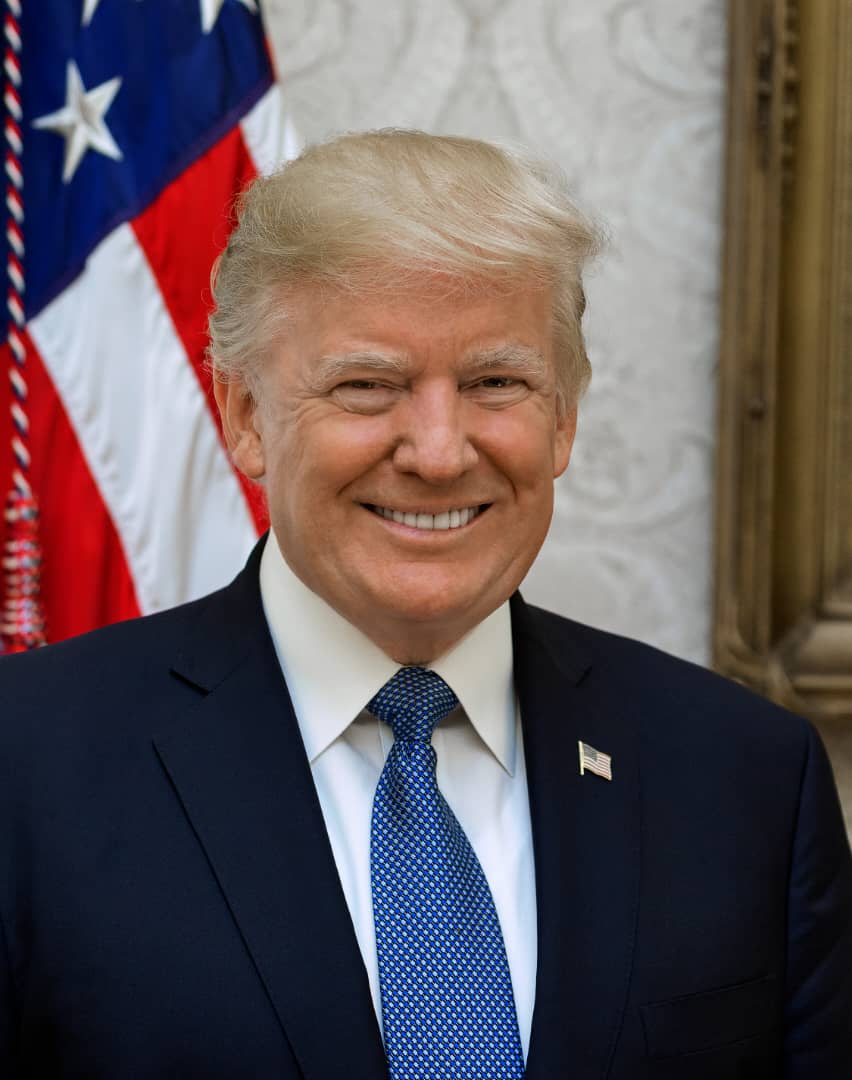By Burnett Munthali
As projections confirmed Donald Trump’s victory in the 2024 U.S. presidential election, his return to the White House signals a dramatic shift in American politics. Trump’s resurgence in this election reflects a mix of enduring appeal, voter discontent, and key issues that have resonated deeply with a large segment of Americans. Here are some of the primary factors that propelled him to victory.
Economic concerns as a dominant force
Firstly, economic anxieties have been a primary concern for American voters, with inflation and the cost of living sharply on the rise. Trump’s campaign centered on promises to rejuvenate the economy, lower taxes, and curb inflation — tapping into nostalgia for a more stable financial era. Many Americans recall his previous administration as a time of lower taxes and growth in certain sectors, and Trump leveraged this perception to promise a return to “American prosperity.” His proposals for revitalizing domestic manufacturing, reducing dependency on foreign trade, and bringing jobs back to American soil resonated with middle-class and working-class voters feeling the pinch of current economic hardships.
Dissatisfaction with the current administration
Secondly, while Vice President Kamala Harris, representing diversity and progress, symbolized the hopes of a historic administration, discontent with its handling of critical issues undermined public confidence. Voters were dissatisfied with policies on immigration, crime, and rising costs, which led to a growing belief that the current administration was not effectively addressing national concerns. Trump seized on these issues, vowing to secure the border, support law enforcement, and address America’s crime rates. His message of “restoring order” and “protecting American interests” proved compelling to those who felt the country was on an unsustainable trajectory.
A populist appeal to working-class voters
Thirdly, Trump’s populist appeal has consistently drawn support from the working class, and this election was no exception. His straight-talking, unpolished style contrasts with traditional Washington rhetoric, resonating strongly with Americans who feel alienated by establishment politicians. Trump’s commitment to deregulation, manufacturing, and “America First” policies connected with workers in manufacturing and energy sectors who have been facing insecurity amid automation and environmental regulations. For many voters, he represented a champion of their interests, promising to protect American jobs from global competition and bring stability back to struggling communities.
The power of a loyal base
Fourthly, one of Trump’s strongest advantages is his fiercely loyal base. His supporters see him as a fighter against the political establishment and mainstream media, viewing his legal battles and controversies as proof of his willingness to challenge powerful institutions. Unlike many politicians, Trump has maintained an energized, unwavering following that turns out to rallies, votes consistently, and remains active in grassroots efforts. His ability to galvanize this base has been instrumental, giving him a formidable presence that was hard for his opponents to match.
Pushback against “cancel culture” and social issues
Fifthly, Trump’s firm opposition to “cancel culture” and progressive social policies struck a chord with voters concerned about free speech and traditional values. Many feel that American social dynamics have shifted too far, alienating those with more conservative or traditional views on gender, race, and cultural issues. Trump positioned himself as a defender of these “American values,” advocating for what he called “common sense” in cultural and educational policy. His appeal was particularly strong among voters who felt marginalized by recent social trends and yearned for a return to familiar norms.
The perception of strength in foreign policy
Sixthly, on the international stage, Trump’s strongman approach to foreign policy, particularly his tough stance on China, appealed to voters wary of America’s declining global influence. His promise to put “America First,” avoid entanglement in “endless wars,” and prioritize national interests over international agendas resonated with a public tired of foreign interventions and anxious about America’s position on the world stage. Many saw Trump’s assertive approach as a necessary measure to regain lost ground internationally, especially in a time of shifting global alliances.
Looking ahead: The path forward
Donald Trump’s victory in the 2024 election demonstrates that his brand of leadership and populist appeal have not waned. His focus on economic stability, his connection with working-class Americans, and his unapologetic patriotism have captured the sentiments of a significant portion of the electorate. At a time of social, economic, and political challenges, Trump’s message of restoring American greatness resonated strongly, with many seeing his leadership as a response to their immediate concerns.
While Trump’s return to the White House will undoubtedly bring significant changes to both domestic policy and foreign relations, his victory also raises questions about the future of American democracy, unity, and the political landscape. His supporters view his victory as a restoration of American ideals, while his opponents brace for a shift in direction. As Trump prepares for his second term, he faces the task of delivering on the promises that secured his win, balancing a mandate from his base with the broader demands of a deeply divided nation.




